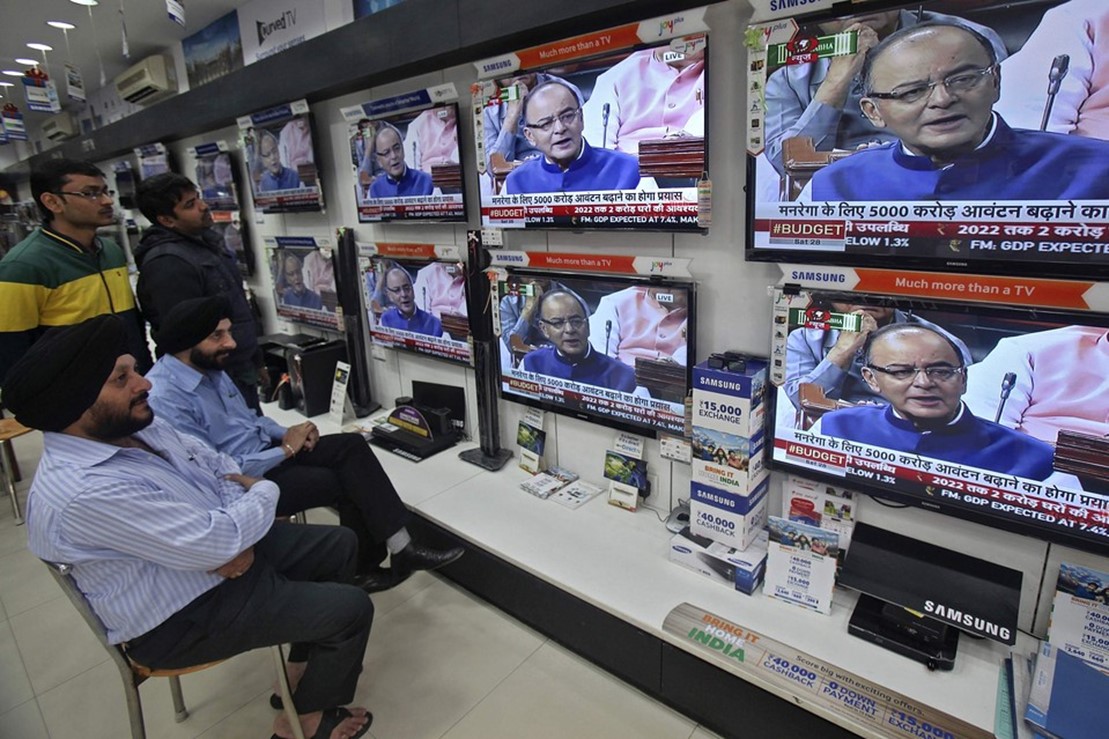Fertile Strippers Make More Money
March 3, 2015 in Daily Bulletin

Back in 2007, Popular Science reported on a fascinating study:
- In a study exotic dancers made $70 an hour in tips when they were at their most fertile.
- This was double the $35 an hour they made when they were menstruating – or at their least fertile.
- Researchers suggested that this was because women were more flirtatious at peak fertility.
- Those who took birth control averaged $37 an hour, and didn’t see variations in their wages.
- This led researchers to lament the thousands of dollars that strippers on birth control lost every year.
- The scientists also recommended that girls in the industry schedule more shifts around specific times in the calendar.
Read more here.
Source: Popular Science









Join the Discussion! (No Signup Required)